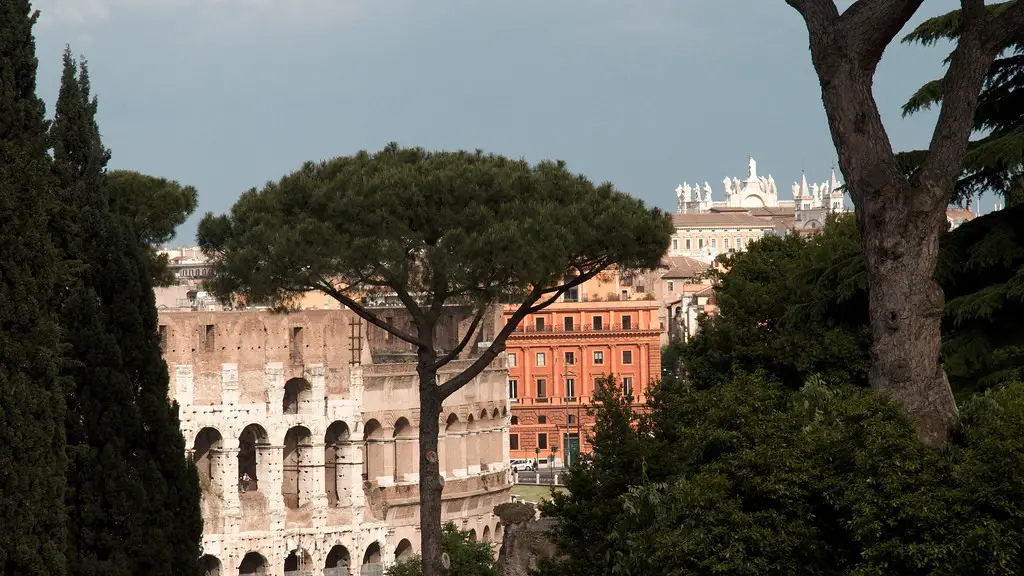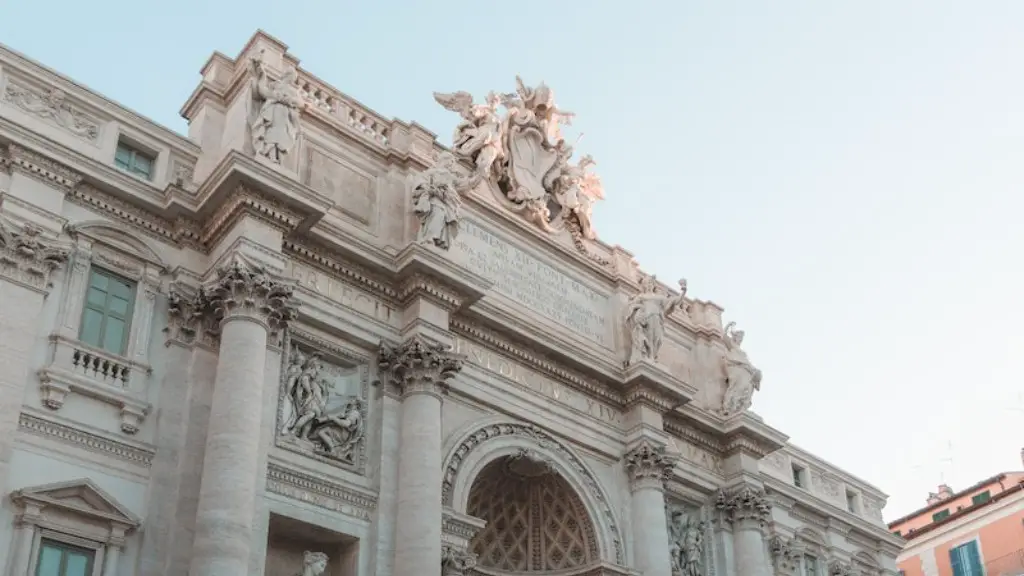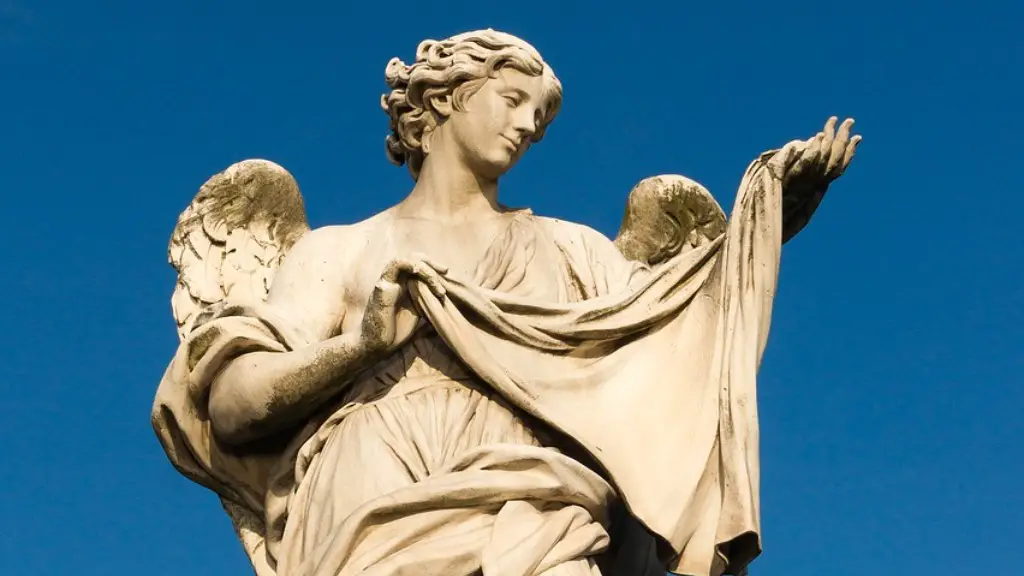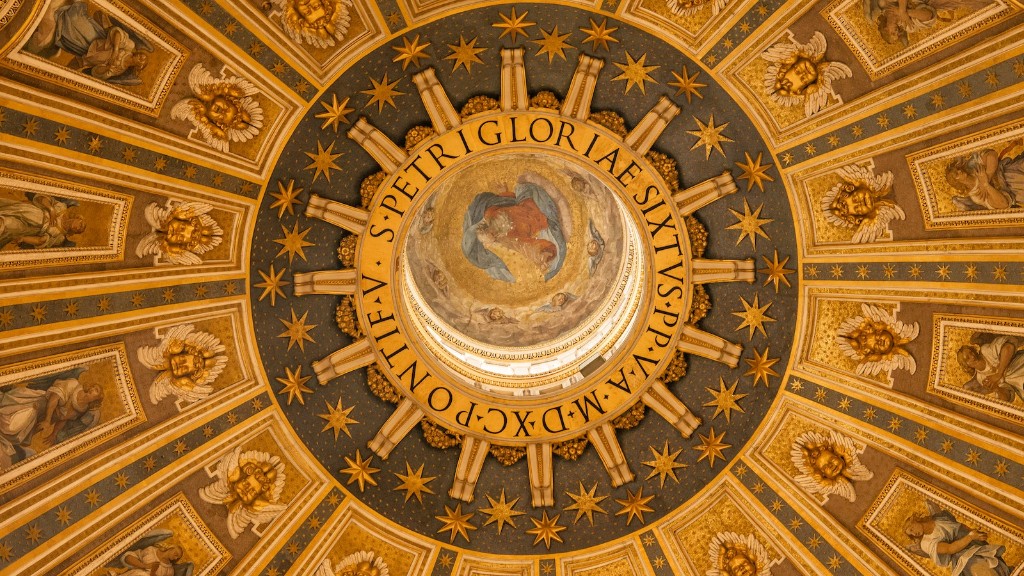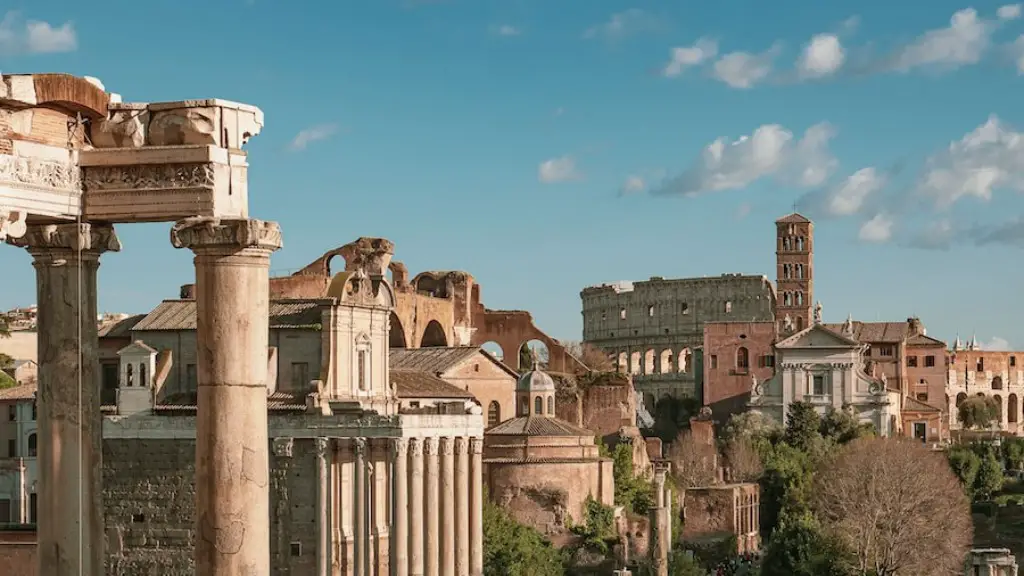It is a matter of debate as to whether or not the ancient Romans and Greeks believed in their myths. Some scholars argue that the myths were simply stories told for entertainment purposes, while others believe that the myths expressed the deep beliefs of the culture.
The answer to this question is not a straightforward yes or no. While some ancient Romans and Greeks absolutely believed in their myths, others saw them as nothing more than stories and had no personal investment in them. It is clear, however, that these myths were an important part of ancient Roman and Greek cultures and that they played a significant role in shaping the worldviews of many people in those societies.
Did the Greeks and Romans believe in their myths?
From the later Classical period onwards, Greek and Roman thinkers sought to rationalize their myths. They looked at the fantastic stories and concluded that they could not be true in a literal sense; they were distorted in some fashion. This was likely due to the influence of philosophy, which emphasize the need for logical explanations for everything. As a result, many of the myths were reinterpreted allegorically, with the events and characters representing different aspects of human life and nature.
It is interesting to note that the Greeks, like us, were able to both believe and disbelieve aspects of their myths. This is something that we can relate to, as we often find ourselves in a similar position. We may believe in a certain myth or story, but we may also find ourselves doubting aspects of it. It is at the point where our interest in believing ends that we cease to believe. This is an important point to remember, as it shows that our beliefs are often based on our own personal interests.
Did ancient Romans believe in mythology
The Roman Empire was a primarily polytheistic civilization, which meant that people recognized and worshiped multiple gods and goddesses. Despite the presence of monotheistic religions within the empire, such as Judaism and early Christianity, Romans honored multiple deities. The most prominent gods in the Roman pantheon were Jupiter, Juno, and Minerva. Other major gods included Mars, Mercury, Venus, and Apollo. Roman religion was based on the belief that these gods and goddesses intervened in human affairs and could be propitiated with offerings and prayer.
There are many famous myths and legends associated with Rome. Some of the most famous include the story of Romulus and Remus, the founding of Rome; the story of Aeneas, the Trojan hero who traveled to Italy and founded the city of Rome; the story of the Rape of the Sabine Women, in which the Romans abducted the women of the Sabine tribe in order to increase the population of Rome; the story of Numa Pompilius, the second king of Rome who was known for his wisdom and justice; the story of Scaevola, a Roman hero who was known for his bravery; the story of Coriolanus, a Roman general who was exiled from Rome; and the story of Cybele, the Roman goddess of fertility.
What did the Greeks and Romans believe in?
Both Greek and Roman religion were polytheistic and both groups worshipped many gods and goddesses. Devout members of both groups believed that there were gods who influenced all natural phenomena.
This is because many Roman Gods are borrowed from Greek mythology. Often, the same Gods have different names and different traits in each culture.
When did the Greeks stop believing in Mythology?
The 9th century CE was therefore a critical period in the history of ancient Greek religion. It was during this time that the last vestiges of the religion were extinguished and it faded into obscurity. For modern historians, this is a key period to study in order to understand the ultimate demise of the religion.
Greeks regarded mythology as a part of their history. They used myth to explain natural phenomena, cultural variations, traditional enmities, and friendships. It was a source of pride to be able to trace the descent of one’s leaders from a mythological hero or a god.
What did the ancient Greeks believe
The ancient Greeks believed in a pantheon of gods who were involved in all aspects of human life. These gods were seen as very human, and there was no separation between church and state. The Greeks believed that these gods could help in various areas of life, such as work, theater, justice, politics, marriage, and battle.
While myths are completely made up, legends are based on events that really happened. The Greeks believed in gods and goddesses who, they thought, had control over every part of people’s lives. They told stories, or myths, about these gods and goddesses, which explained why things happened the way they did. Many of these myths were handed down from generation to generation and were probably first written down around 800 BCE. Some of the most famous myths were about the Trojan War, in which the Greeks fought against the city of Troy. The Trojan War was probably inspired by real events that took place around 1200 BCE.
Did Romans believe the gods were real?
Most Romans continued to believe that the gods depicted in traditional myths truly did intervene in human life, and therefore required honor and worship. Lucretius argued that dreams and visions were formed of atoms thrown off from real events; the gods existed but were not involved in human life. However, his efforts did not change the majority belief.
It’s interesting to note that Roman gods and goddesses were named after objects, while Greek gods were based on human characteristics. This likely has to do with the fact that Greek gods predated Roman gods, and so Roman mythology would take the Greek deity and try to find a Roman equivalent. This helps to explain why there are some similarities between the two pantheons, but also some key differences.
Why is Roman and Greek mythology similar
Roman mythology is filled with a pantheon of gods and goddesses who were adopted from the Greeks. Many of these deities were renamed by the Romans, but their stories and legends remain largely the same. The Roman pantheon includes such well-known figures as Jupiter, Juno, and Pluto, among many others.
Roman mythology is a great way to learn about the culture and values of the Roman people. Many of the stories revolve around central characters who are brave and intelligent, and who serve their state or nation. These stories can teach us a lot about what the Roman people valued and how they saw themselves in the world.
Are Greek and Roman gods still Worshipped?
In recent years, some Greeks have returned to worshipping the ancient gods. This has led to the formation of various groups dedicated to the adoration of the Greek pantheon. These organizations and events are working to create modern forms of celebration and ritual around the Greek gods.
This resurgence of interest in the ancient gods is a reflection of a growing desire among many Greeks to reconnect with their roots and traditions. The ancient gods are seen as a symbol of Greece’s rich history and culture, and their worship is a way of honoring that heritage.
So far, the response to this revival of ancient worship has been positive, with many people eager to participate in these new celebrations and rituals. This renewed interest in the Greek gods is sure to bring new life to the country’s long-standing traditions.
PERSES was the Titan god of destruction. He was the son of Kronos and Rhea, and the husband of Styx. He was the father of Hecate, Nemesis and Apate.
Warp Up
There is not a simple answer to this question as beliefs varied between different Roman and Greek communities, and changed over time. Generally speaking, however, it is safe to say that many people in ancient Greece and Rome did believe in their myths, at least to some extent. For some, these stories may have been simply entertaining tales, while for others they may have been seen as literal truth. Many of the myths were deeply intertwined with people’s religious beliefs, and so it was often hard to separate them.
The belief in ancient myths varied between the Romans and Greeks. However, both cultures heavily relied on stories of gods and goddesses to make sense of their natural world. Many of their myths were entertaining and provided valuable lessons. Over time, the belief in these myths diminished as scientific explanations became more prevalent.
